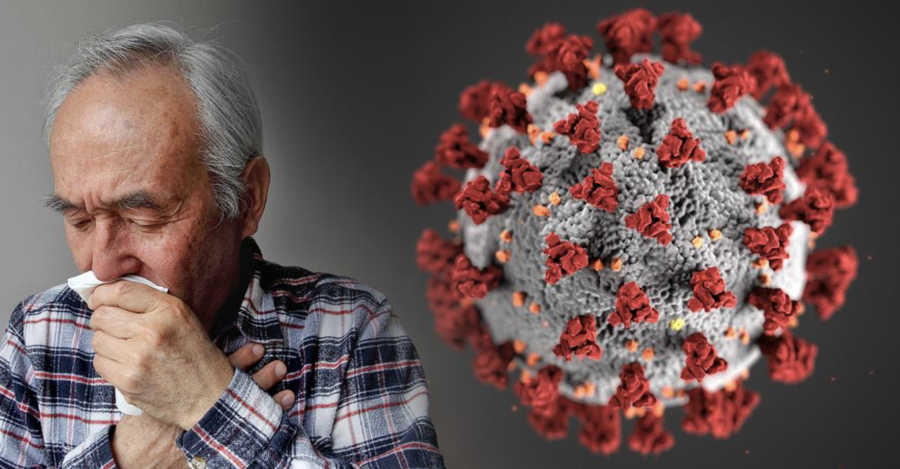The U.S. is over four months into a battle that has taken nearly 150,000 lives across the country and seems to have no clear end in sight. Schools are deciding whether or not to reopen, a decision that has been up in the air for months on end.
On July 24, the Food and Drug Administration authorized the first diagnostic test for the screening of people without known or suspected COVID-19 infections. A diagnostic test, as the name implies, helps diagnose whether the person has an active infection. On the other hand, a serologic antibody test looks for the presence of antibodies in the blood to determine if the person has some level of immunity against the virus.
RELATED: What are the different tests for COVID-19 and how do they work?
“FDA’s authorization of the first diagnostic test to be used for anyone, regardless of whether they are showing symptoms of COVID-19 or have other exposure risk factors, is a step toward the type of broad screening that may help enable the reopening of schools and workplaces,” said FDA Commissioner Dr. Stephen M. Hahn in a news release.
The vast majority, if not all, of the diagnostic tests reported every day by the Arizona Department of Health Services come from patients who present with symptoms, including a sore throat, cough or fever, among others. However, a recent estimate by the Centers for Disease Control and Prevention said that about 40% of people with COVID-19 will not present with symptoms.
RELATED: How does COVID-19 manifest and what can you do if you begin to show symptoms?
The ability to test anyone, symptomatic or not, will be paramount in reopening schools and the country but is easier said than done. Last week, the FDA authorized the first COVID-19 test that could be used with pooled samples.
Sample pooling is an important tool for public health measures that helps control the spread of the virus because it allows for more people to be tested quickly using fewer testing resources. Sample pooling does this by allowing multiple people to be tested at once.
Arizona continues to battle high case and death counts amidst a backlog of cases from the Sonora Quest Laboratories. The U.S., as a whole, has seen a sharp rise in cases with days of over 70,000 confirmed cases becoming the norm.
“Continuing to facilitate increased access to accurate and reliable tests for all Americans is critically important,” Hahn said, “and the FDA continues to work around the clock with test developers to support this goal.”
Follow Amit Syal on Twitter









